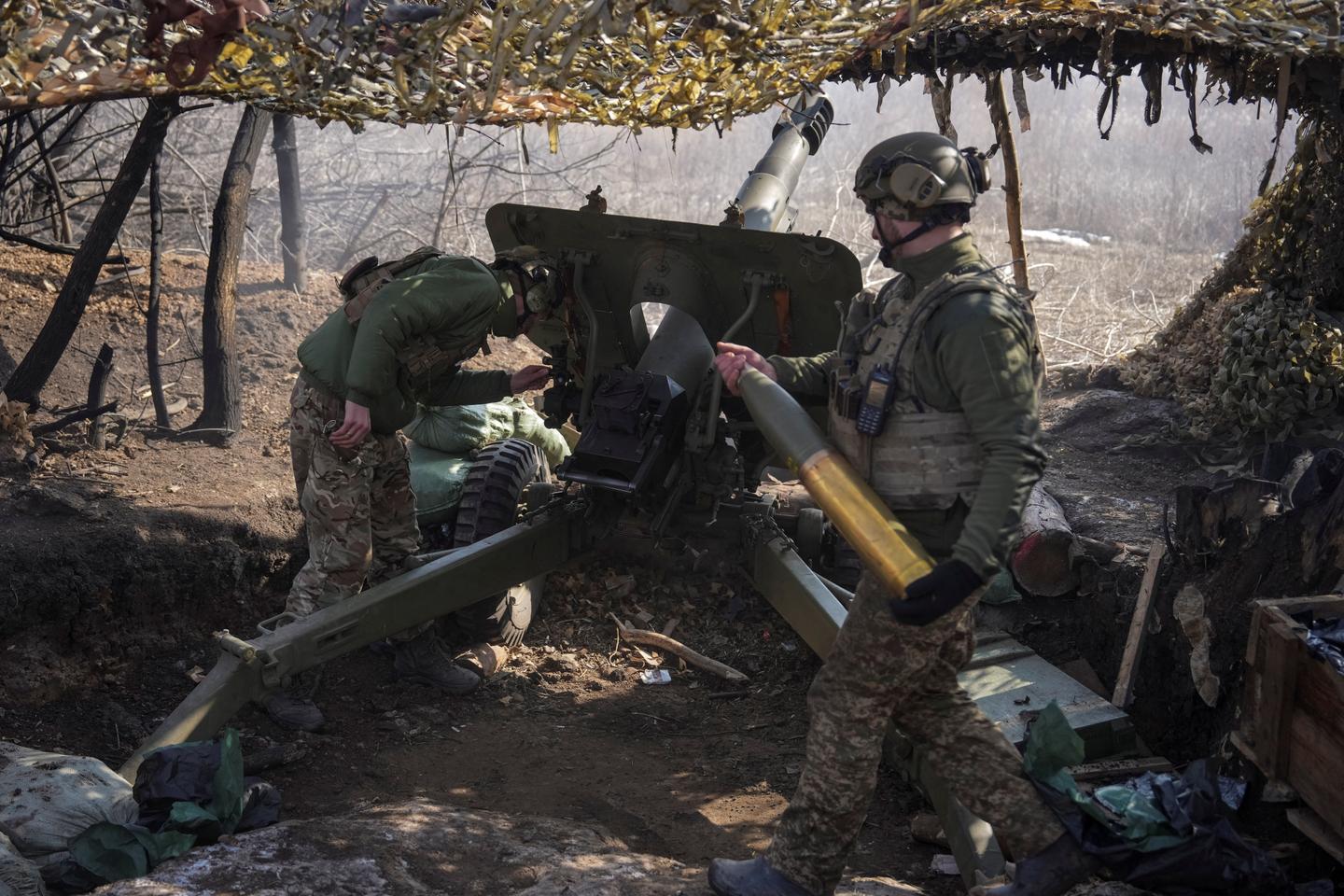


Russia's sudden aggression against Ukraine has rekindled fears of a world war. While this hypothesis seemed fanciful, it has taken on a certain possibility since Donald Trump's return to power. It's a paradoxical fear, since the American president proclaims his love of peace. Europe would have nothing to fear, since the guns would fall silent. On two counts: A ceasefire would give Moscow a respite in which to restore its forces; abandoning American protection, by placing Europe in the open, could prompt Vladimir Putin to raise the stakes, presenting the European countries with a Cornelian dilemma: Bow or retaliate.
In this respect, history offers some welcome insights. If comparison is not reason, the current context bears some resemblance to the situation that prevailed before the Second World War. If Putin is not Hitler, he has, since 2008, favored aggression, and on two levels. In Georgia as in Ukraine, his artichoke strategy aims to reconstitute leaf by leaf the protective glacis of the Warsaw Pact; in Africa, he intervenes to weaken the West and deprive it of certain resources. Does he want to set the planet on fire?
In 1914, the automaticity of alliances led to conflagration; in 1939, the opposite was true. The alliance system was so weak (in both senses of the word?) that it had no deterrent virtue. The Führer was therefore able to methodically play his tricks, from the remilitarization of the Rhineland (1936) to the invasion of Czechoslovakia (March 15, 1939). He then took the risk of aggressing against Poland, counting on his allies' abstention. "I saw my enemies in Munich, and they are worms," he told his military chiefs. The declaration of war from London and then Paris therefore came as a surprise, since the Reich was banking on a limited conflict. On the other hand, the conclusion of the German-Soviet Pact offered a reassuring prospect, removing the specter of war on two fronts: Moscow would not intervene.
You have 68.64% of this article left to read. The rest is for subscribers only.
